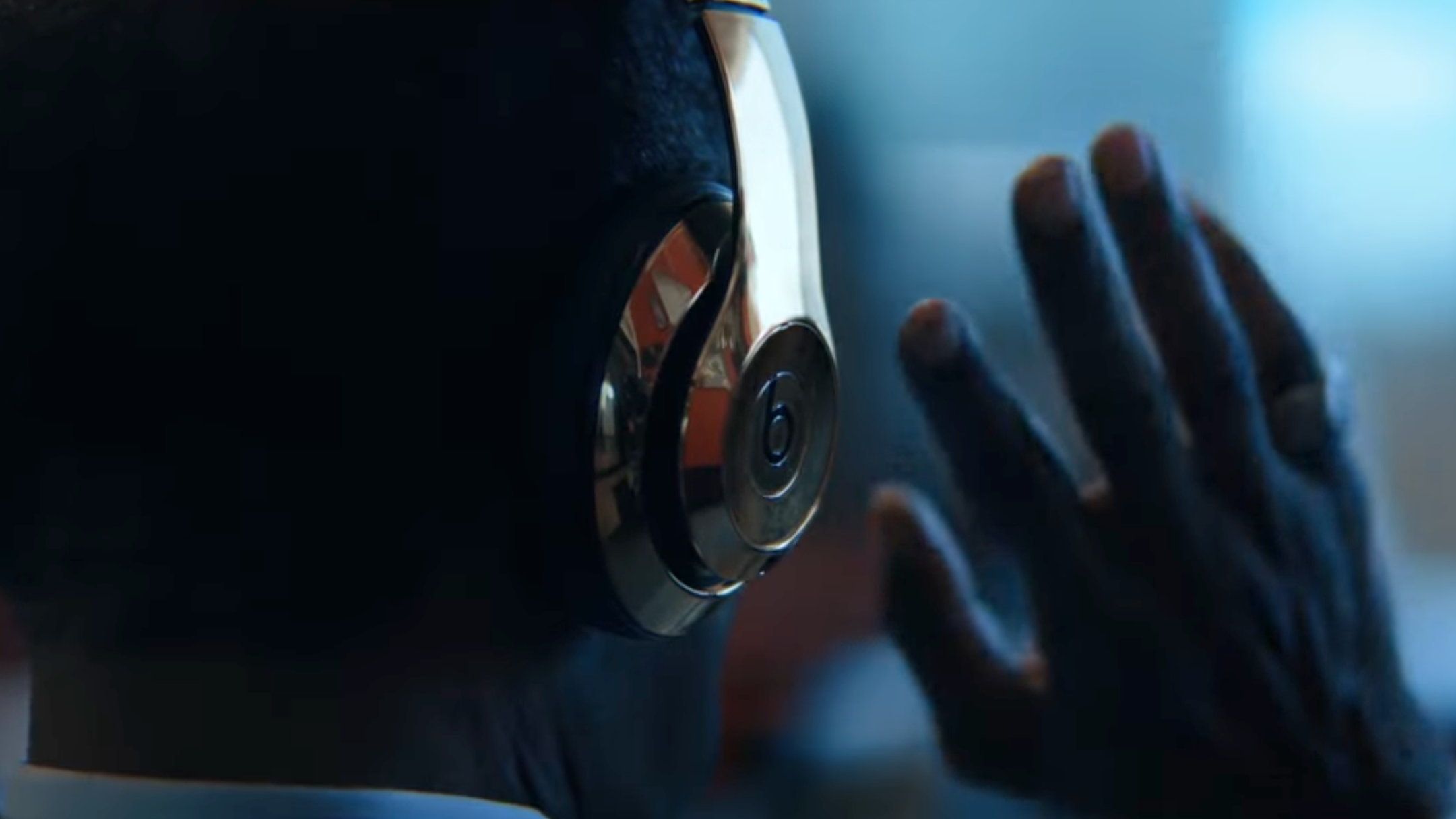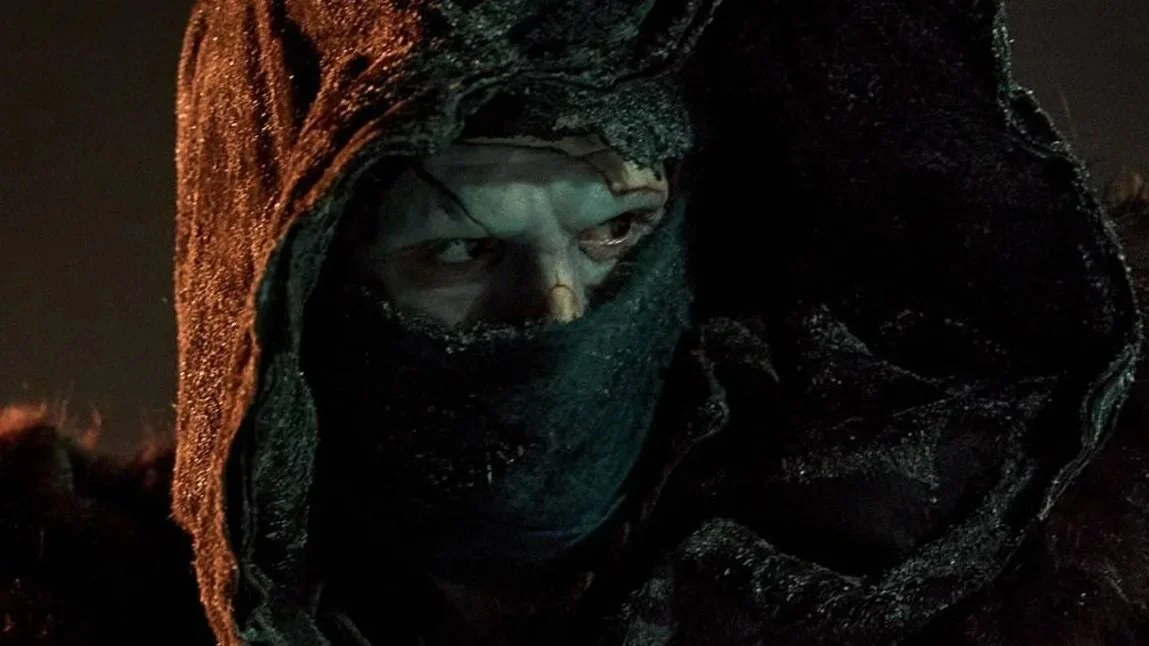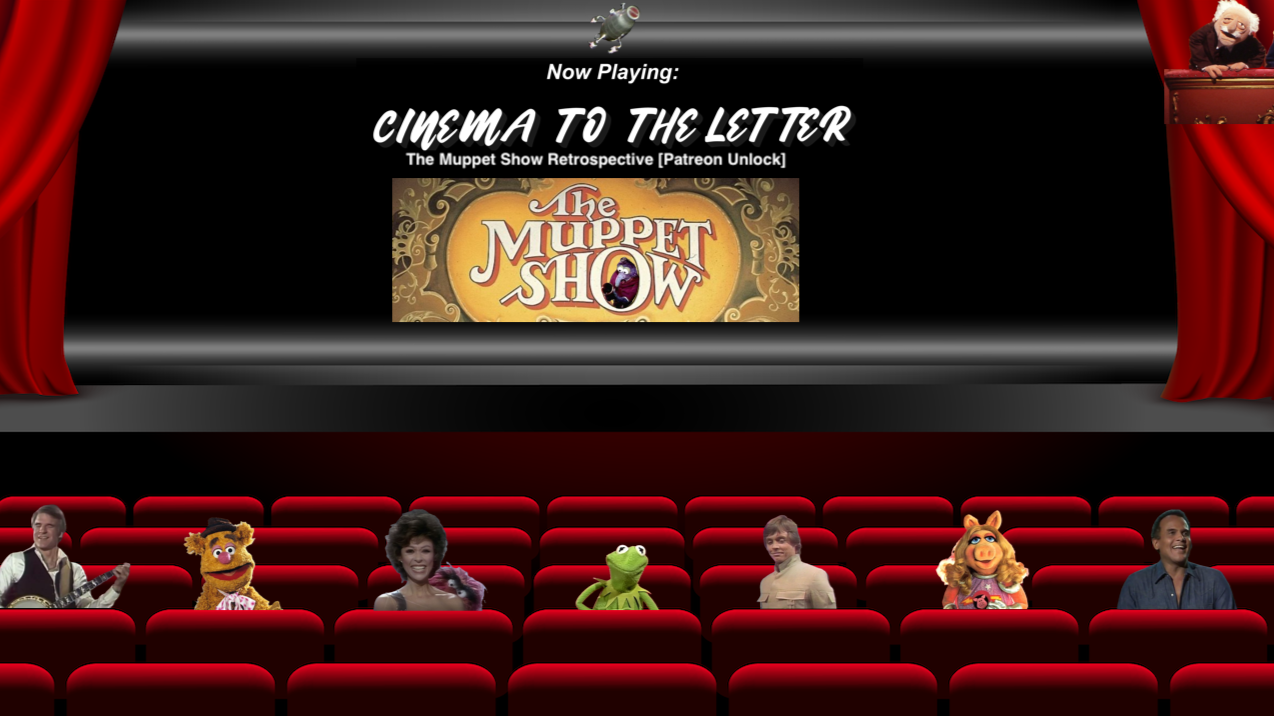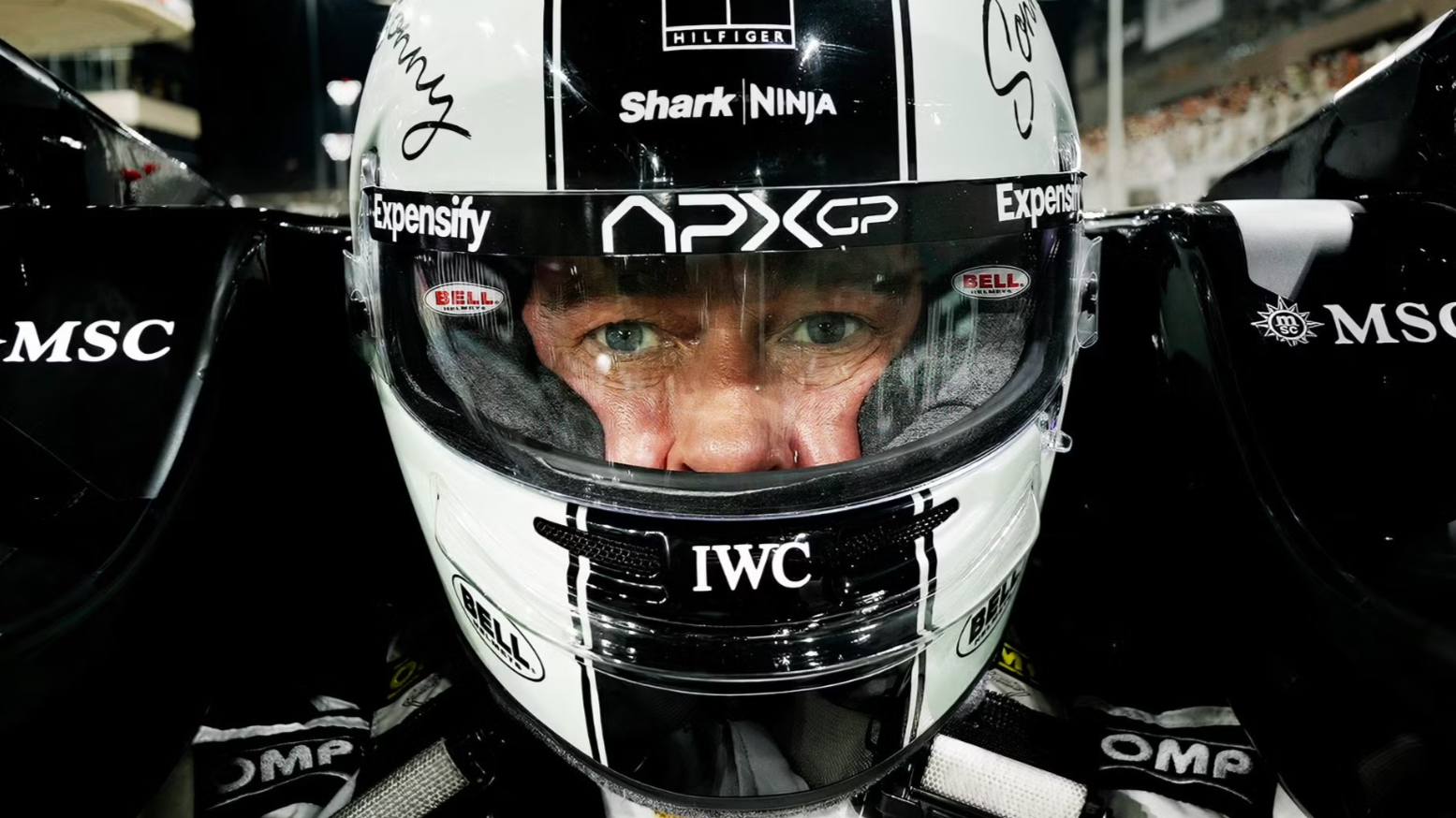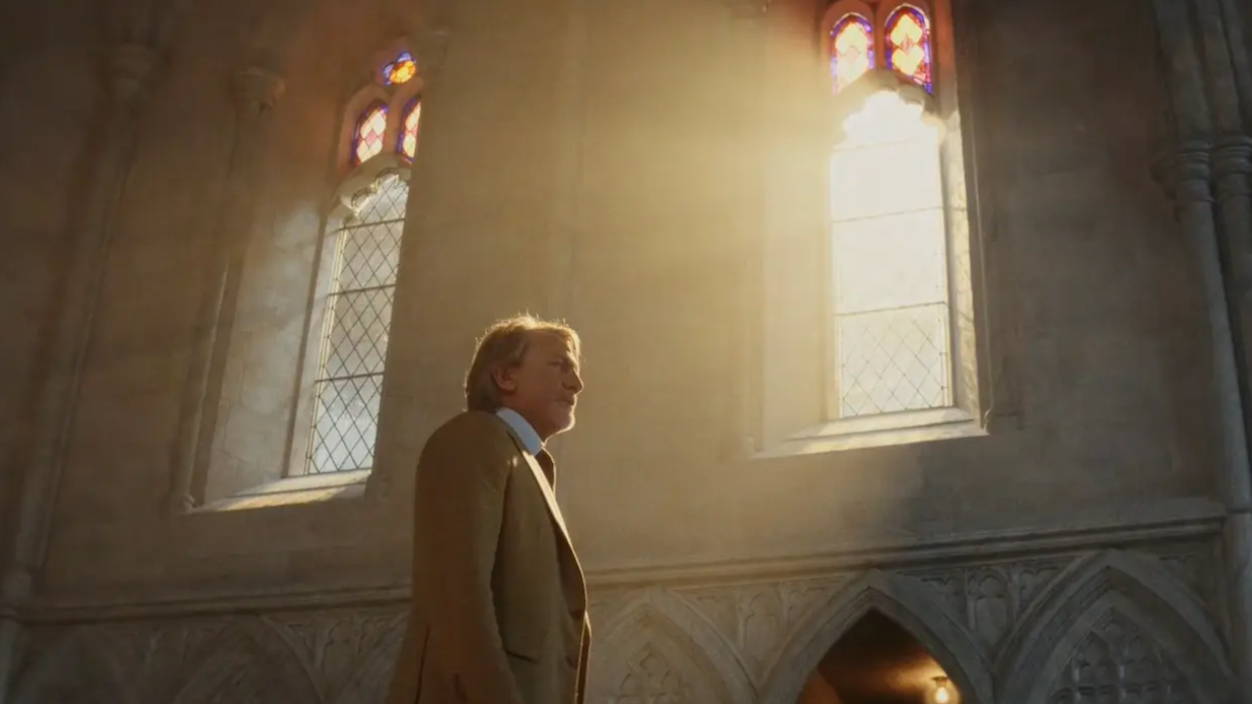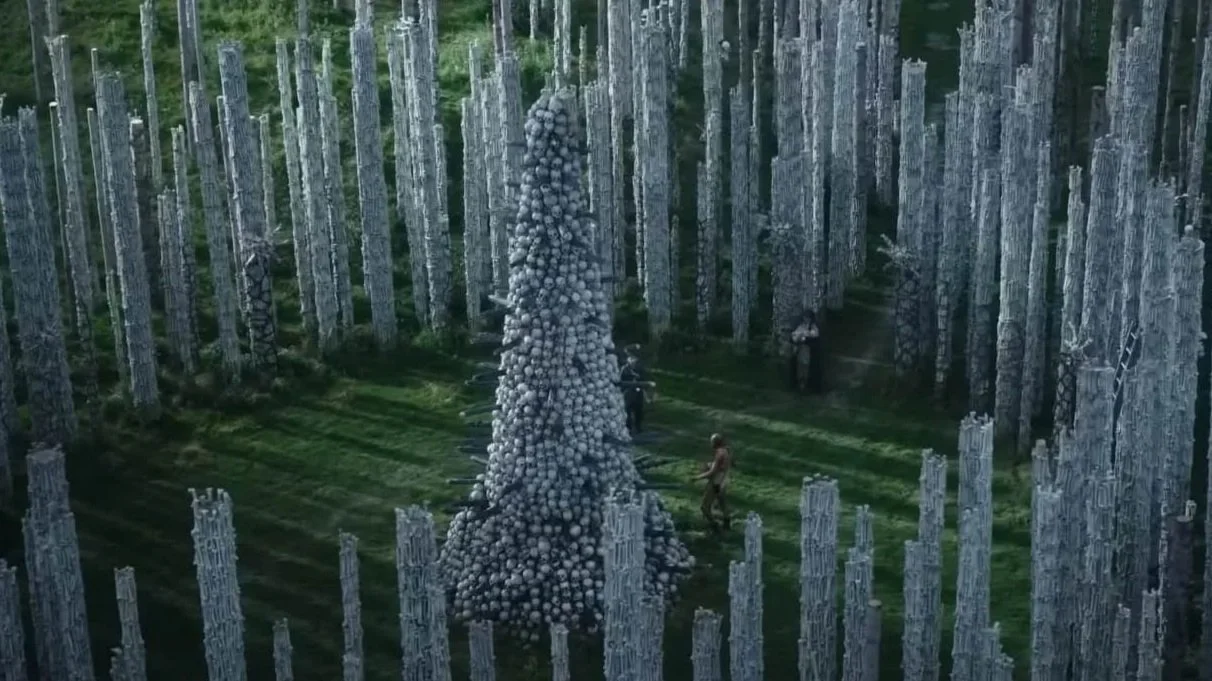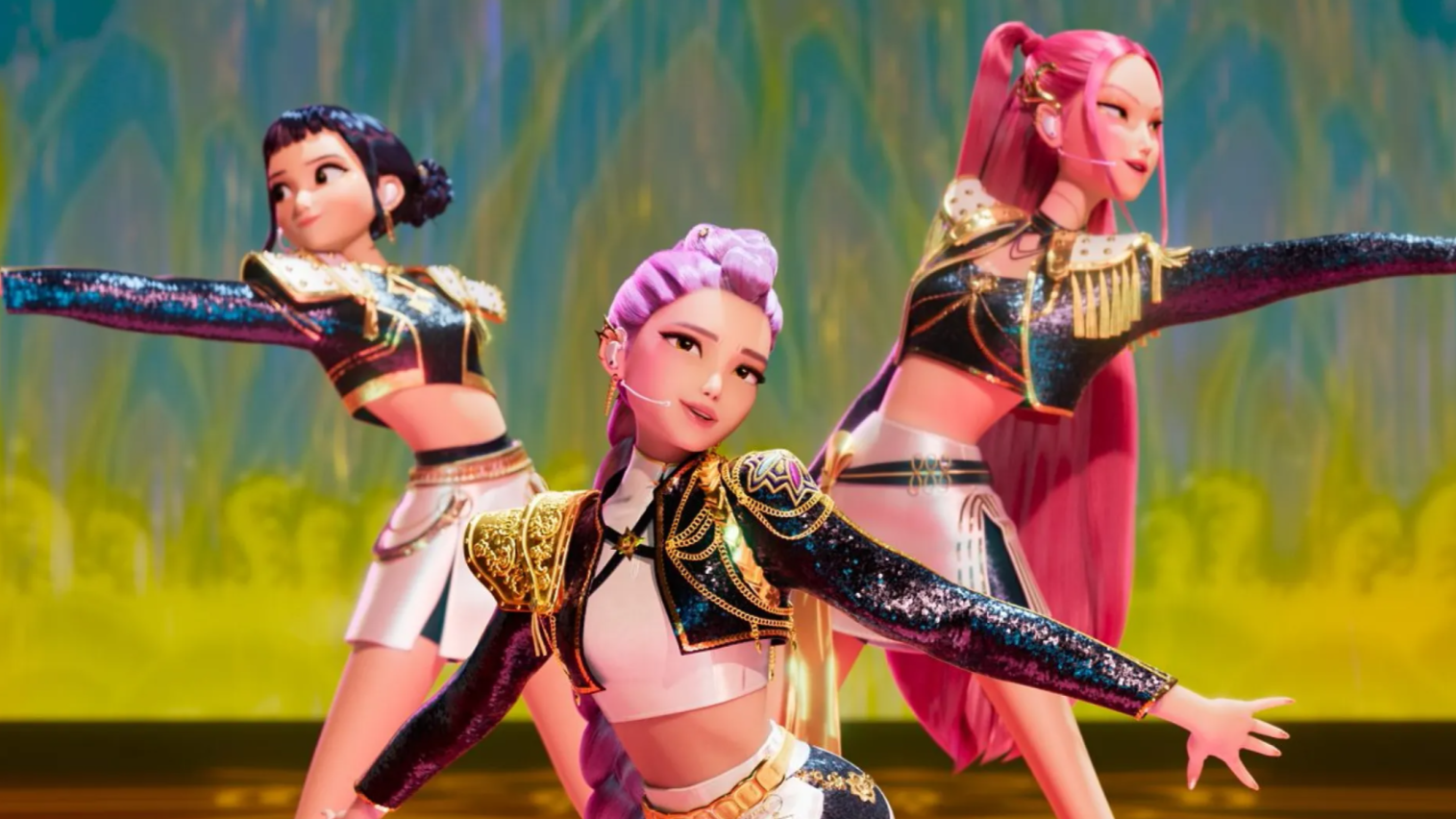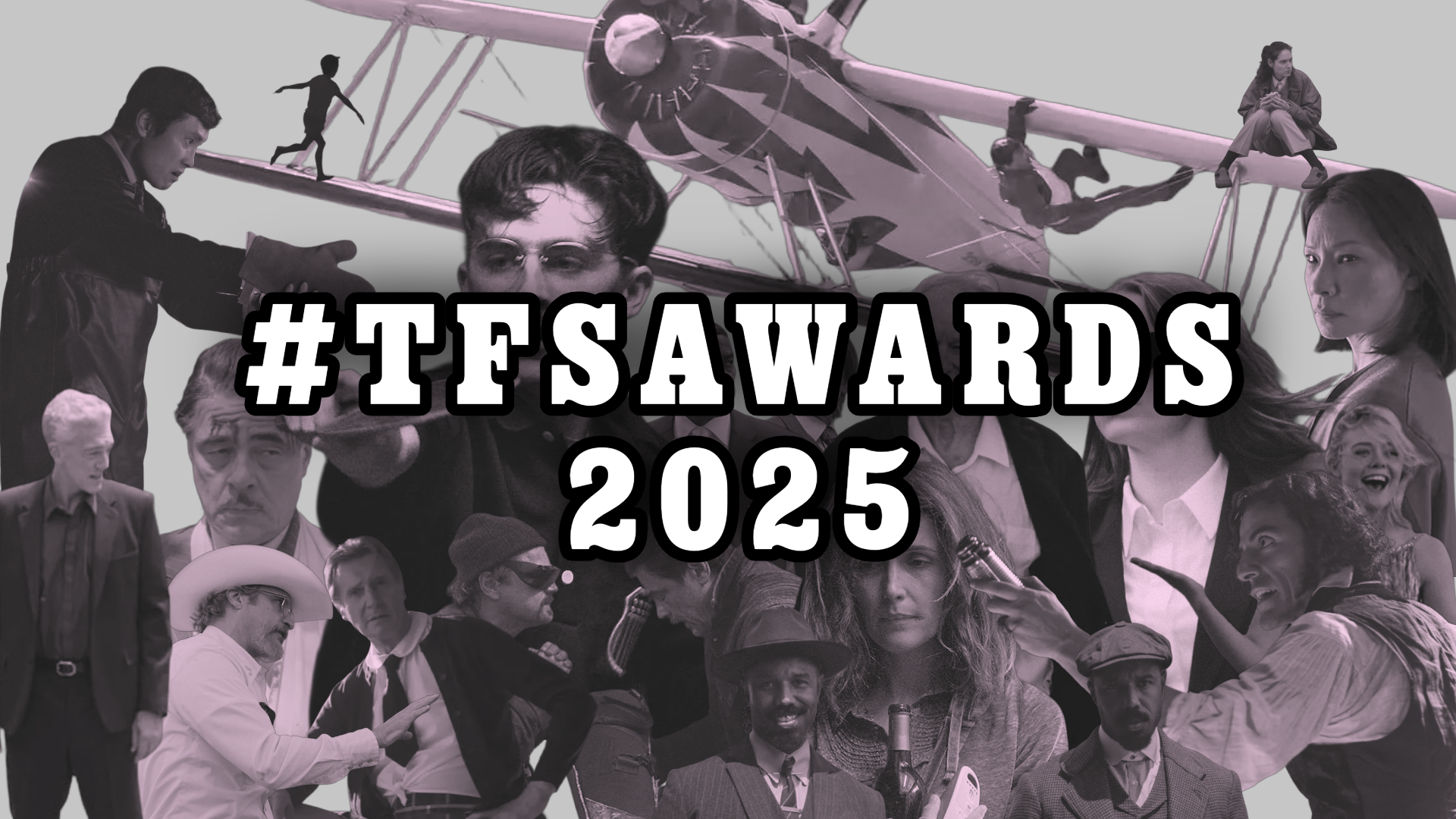A Tale of Two Matricies: Why Audiences Embraced Free Guy Over The Matrix Resurrections
Stop me if you heard this one before: a man living a monotonous life finds out that his reality is a simulation. Through the help of a knowledgeable outsider, he breaks free from the shackles of what he knows in order to live a more fulfilling existence. At first glance, that’s the plot of 1999’s seminal classic The Matrix. In 2021, that’s the logline for two of 2021’s most widely discussed films, Free Guy and The Matrix Resurrections. One of these films nearly tripled its budget, was widely adored by critics and audiences alike, and snagged an Academy Award nomination for Best Visual Effects. The other received lukewarm critical notices, bombed at the box office, and ignited debate not seen since 2017’s Star Wars: The Last Jedi. How did both of these films receive such wildly different receptions? Moreover, what made Free Guy successful where The Matrix Resurrections seemingly failed, and is that a good thing?
Directed by Shawn Levy, Free Guy is the consummate crowd-pleasing blockbuster. Everyman Guy, played by Hollywood’s go-to charmer Ryan Reynolds, enjoys his routine as a bank teller, taking daily robberies in stride and looking forward to day-end beers on the beach with his best friend (Lil Rel Howery). Everything changes when he discovers that he is an NPC (non-playable character) in an MMO titled Free City. With the help of femme fatale/player Millie (Jodie Comer), he liberates himself of his set loop, freeing his fellow NPCs in the process.
Over the course of Lana Wachowski’s The Matrix Resurrections, Neo (Keanu Reeves) has forgotten the events of the original trilogy entirely, living out his days as an acclaimed video game programmer. Just when he’s beginning to realize something’s wrong, resistance fighter Bugs (Jessica Henwick), breaks him out of his virtual prison to a bleak future where humanity still rages its war with their machine overlords.
On a base level, the virtual realities present in each film denote a key difference in their purpose. Free City should immediately stand out to anyone familiar with MMOs, particularly Fortnite. Its candy-colored aesthetic weaponizes the “oohs” and “ahhs” of seeing a video game world come to life. Shawn Levy and Ryan Reynolds are content to ride out the, admittedly palpable, thrills of a “wouldn’t it be cool if this happened?” concept. The actual reality of the film is one very close to our own, meant to anchor the story and provide an entry point for the fun and games. Packed to the gills with recognizable IP—the Portal gun, Captain America’s shield, a lightsaber, etc.—and slickly shot action sequences, it’s as if an algorithm devised exactly what would appeal to the consumer of today. Certainly, I’d be lying if I said its classic blockbuster charms didn’t work on me.
Yet, it’s hard not to admire The Matrix Resurrection’s approach. Putting a mirror to the IP-obsessed culture of today, its reality is one eerily reminiscent of the present moment, where nostalgia is a drug being quite literally mined by the antagonist of the film (more on that later). The classic industrial machine-ruled future takes on a new meaning, almost representative of where the current cultural moment could lead us. When classic characters show up, they’re changed significantly. Heck, Morpheus isn’t even Morpheus, he’s a program coded by Neo that breaks out of the virtual reality within virtual reality. Action sequences play out in a purposefully obtuse, shaky-cam style highlighting character over the jaw-dropping awe of the original trilogy’s action sequences. Bold, meta-textual storytelling like this can be catnip for a certain breed of audience, too cerebral and confusing for others.
Nevertheless, Lana Wachowski’s film’s antagonist, The Analyst (Neil Patrick Harris) might as well be a representation of the current film industry. His new simulation, where Neo finds himself at the beginning of the film, is based exclusively on giving the “sheeple”, as he so refers to the humans being harvested on human batteries, their sweet sweet serotonin via a familiar virtual experience. Let’s not mince words, The Analyst is a grand indictment of the current state of cinema. A brilliant one at that, but not one that many want to see in this day and age. A villain like Antwan, played by Taika Waititi in Free Guy, who vaguely prioritizes profit in a pastiche of greedy CEOs is the type of villain we’ve seen on screen forever. It’s no wonder, then, that the character has received overwhelming praise. A simple villain to play off of the protagonist’s simple goal of getting the NPCs to live a fulfilling life within the simulation? Now you’re hitting the archetypal sweet spot.
Curiously, though, Free Guy and The Matrix Resurrections share a key feature in their theme of romance. Free Guy’s best moments involve the real life Millie and her former co-worker Keys (Joe Keery) coming to realize their budding romance. By discovering that Keys made Guy as a love letter to her, she tearfully runs to him in the kind of totally adorable cinematic moment you rarely get in these types of movies. The Matrix Resurrections nails this too, but once again the meta-textual aspect of it really adds to the flavor. Separated for so long, Neo and Trinity (Carrie-Anne Moss) getting back together feels like a missing piece of the movies has been reinstated. Modern blockbusters have gone romance-less, sexless, nearly feeling-less for so long, that these two characters cheating death to reunite on screen simply because Lana Wachowski wanted them back is a romantic gesture in and of itself.
Now Free Guy and The Matrix Resurrections are different enough and succeed in what they’re doing enough that I enjoy both films. However, since its release in December, Resurrections has not left my mind. The commentary that it bears on the modern state of film, nay, culture in general is vital. That being said, of course it failed. Audiences want something to uplift them, to give them a neat concept in familiar packaging. Free Guy fulfills their needs and then some. Is that a good thing or are audiences stuck in a “Matrix” of their own? It’s not my place to say, but until audiences’ tastes change, of course something like Free Guy was always going to outperform The Matrix Resurrections.



